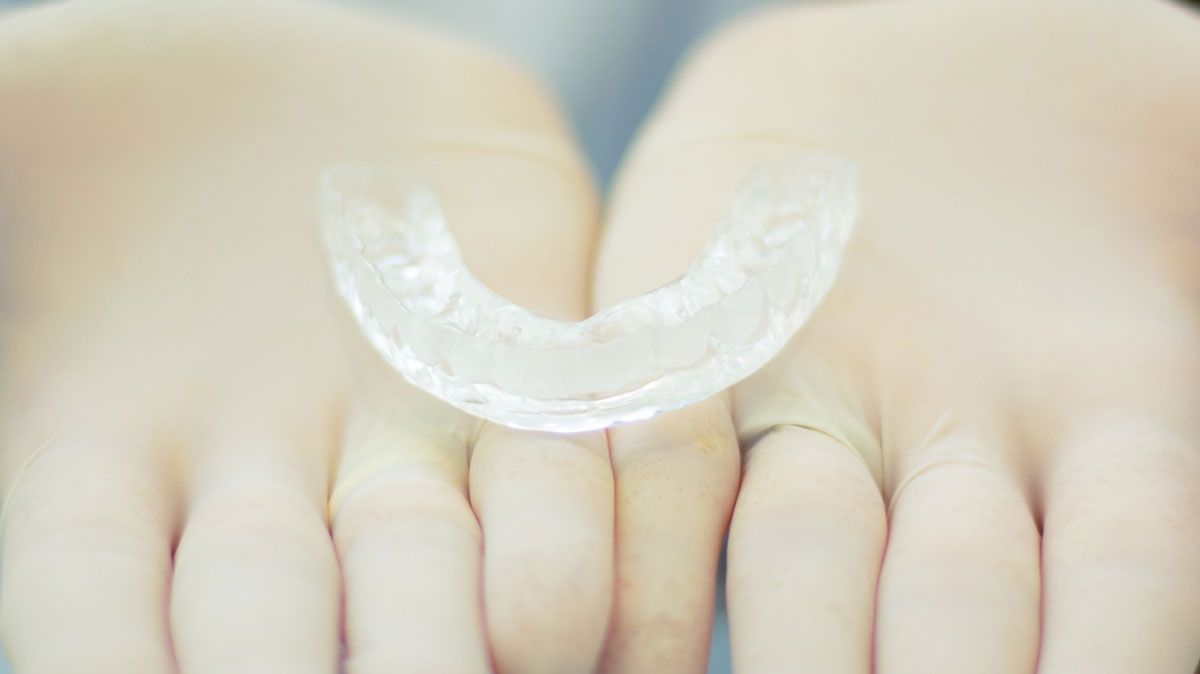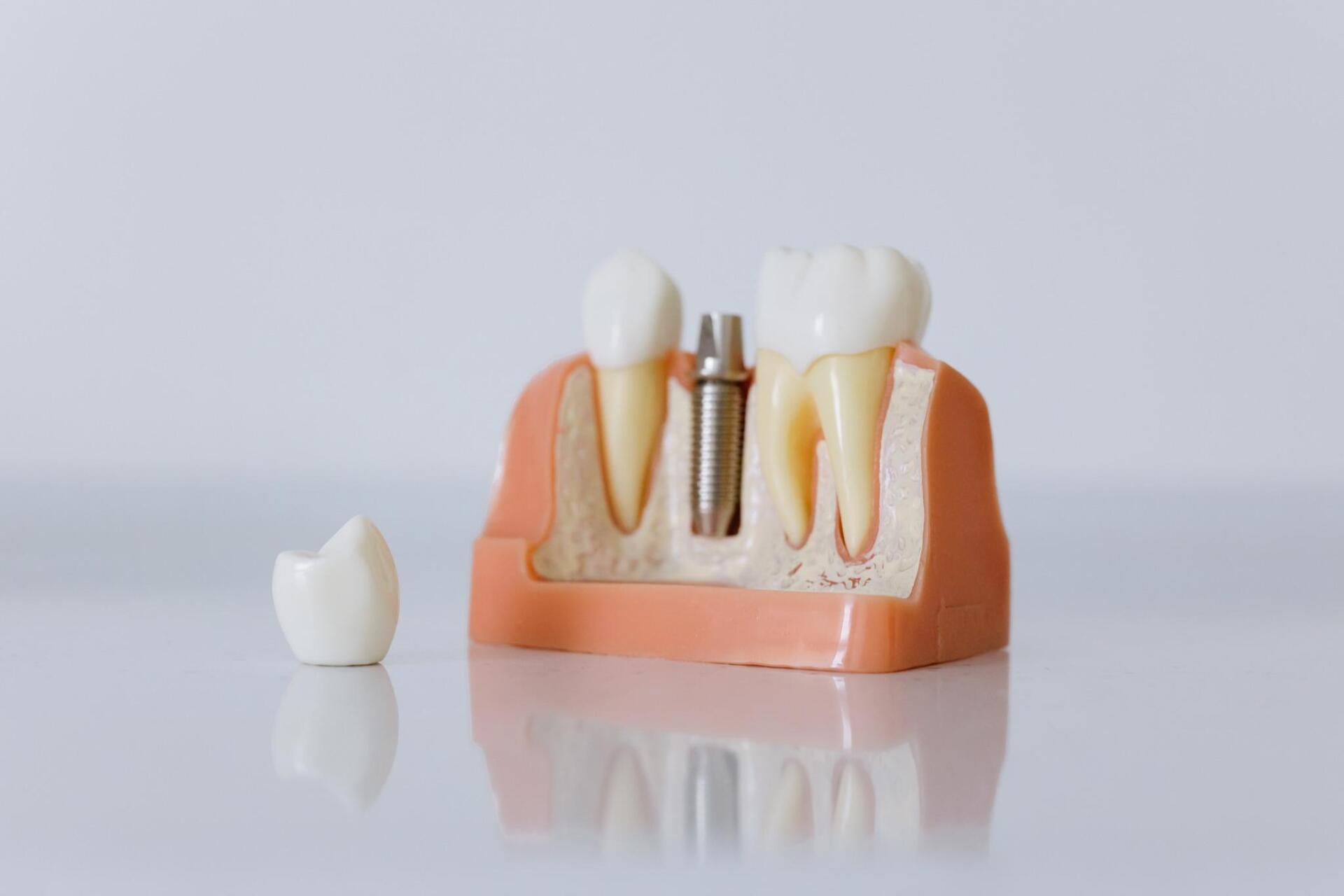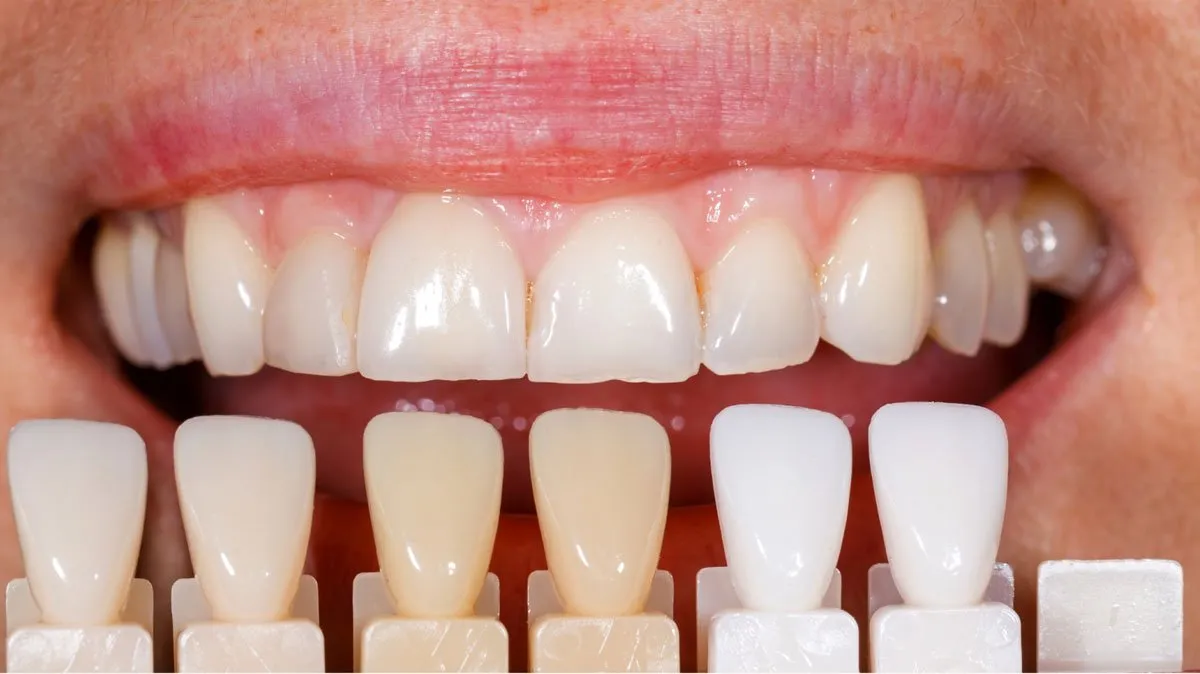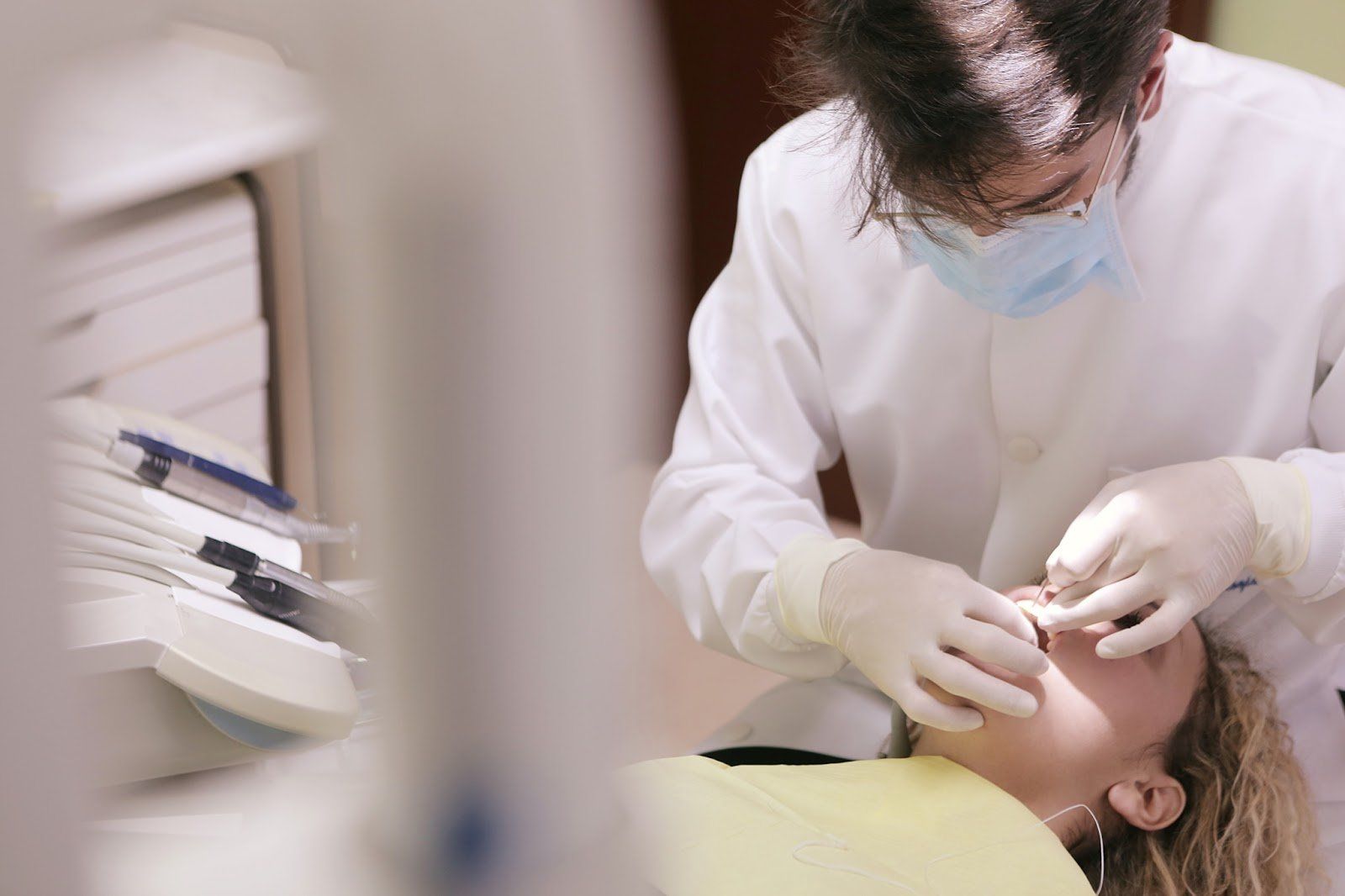
How Do Dental Implants Work?

How Does Dental Implants Work?
Have you ever imagined what it would be like to have once again teeth that looked natural orhow do dental implants work? You'll be relieved to learn that there are alternatives if the notion of wearing dentures for the rest of your life makes you nervous. Dental implants
may be the esthetic and functional choice for you if you're searching for tooth replacement that feels, looks, and operates exactly like your original teeth.
Whether you want to replace one or more missing teeth but don't like the idea of wearing a bridge
or a denture, you might want to think about setting up a free appointment at your neighborhood dental office
to see if you qualify for dental implants. A dental implant is closest to a natural tooth, which restores your smile's functionality and form. However, what are dental implants, and how do implants work? Learn more by reading on.
What are Dental Implants?
The replacement teeth that are inserted after a patient loses a permanent tooth are what patients envision when they think about dental implants. Typically, these are crowns or permanent dentures. The implants secure the tooth and establish a solid foundation, like a dental root. The sturdy metal post that holds these false teeth in place is referred to as a "dental implant."
How Does a Dental Implant Work?
If you are missing one or more teeth and would prefer not to wear a bridge or full or partial dentures, you can ask multiple dental implants dentists
in your area if you are a good candidate for dental implants.
How does dental implant work, since teeth implants are prosthetic teeth that are affixed directly to the jawbone, they offer a more natural tooth replacement than dentures. You must be in good health (apart from missing teeth) and have a fully grown, healthy jawbone to benefit from dental implants since healthy gums and a strong jawbone is required to support the implants.
What are the Procedures for Dental Implants?
After understanding "how dental implants work," we now need to comprehend the steps involved. Suppose you're in good health and your dentist believes you'd be a good candidate for implants. In that case, they will decide whether to perform the procedure under local anesthesia in the dentist's office or under general anesthesia in a hospital, depending on the patient's unique dental health needs and the extent of the required surgery.
The three stages of the dental implant procedure, which takes several months to complete, are as
follows:
- The implant is first surgically inserted into your jaw, covered with gum tissue, and left there for three to six months to integrate with the jawbone.
- In addition, your dentist places a post on the implant and leaves the gum tissue to heal around it. In some situations, the implant and post are put in place simultaneously. The combined implant and post act as an anchor for the replacement tooth, whether they are inserted simultaneously or not.
- Lastly, your dentist fits a unique crown to the implant post.
Are Dental Implants the Perfect Choice for You?
Implants offer a permanent, low-maintenance alternative that feels and looks like natural teeth. Dental implants are a popular solution when a patient is in good health but has lost or damaged teeth. Your jaw will regain its natural strength after the implant site has healed, making the implants sturdy and comfortable. Additionally, since implants only need to be put in place once, you'll save time and money on future oral procedures.
Dental implants are only appropriate for people with good oral health. Patients cannot get implants safely if the jaw bone is not robust enough. Procedures like bone grafting can help patients with jaw or gum problems strengthen their mouths in preparation for implants in the future.
Remember that placing dental implants requires surgery that can last several hours and may require multiple procedures. Therefore, those more susceptible to infection might not wish to choose dental implants.
If you are in good health and have dental implant surgery, follow your dentist's oral hygiene recommendations after the treatment to maintain the cleanliness and health of your new teeth. These recommendations likely include twice-day brushing and daily flossing.
Benefits of Dental Implants
- Dental Implants behave like natural teeth:
One of the biggest advantages of an implant is that it restores full chewing power. Most patients can’t tell the difference between their natural teeth and the implant tooth. They can eat with it completely normally, and they can brush and floss normally as well.
- Dental Implants can last a lifetime:
Whereas a dental bridge may only last around 10 years or so, dental implants can last a lifetime. The implant is made from titanium and integrates with the jawbone. It’s bio-compatible, meaning that it’s non-toxic and not rejected by the body. All in all it makes a powerful replacement tooth.
- Dental Implants keep adjacent teeth stable:
A missing tooth can cause adjacent teeth to shift crookedly towards the gap. This causes your teeth to shift out of position, affecting your bite, ability to chew, and appearance. It may cause interference, making future tooth replacement difficult. A bad bite can also cause problems with your TMJ (temporomandibular joint), resulting in pain and headaches.
- Dental implants can help you avoid gum disease:
A tooth gap can act as a trap for food and bacteria, leading to gum disease.
- Dental implants can help to prevent sagging skin and premature ageing: Facial sagging can be an unwelcome side effect of bone loss caused by missing teeth. The lower third of the face begins to collapse at this point, gradually closing the gap between the tip of the nose and the chin. Excessive wrinkles around the mouth, thinning lips, and a more pointed chin can all result in a person appearing much older than his or her true age.
Get Yourself A Healthy, Amazing Smile With Dental Implants
Now that your question about "how does dental implant work" has been addressed, you might want to arrange a free consultation with a skilled Minneapolis dentist
to discuss how they might help you.
Using cutting-edge methods, dentists in Minneapoliscan offer you a comfortable dental implant. Choosing the right dentist can offer you a shorter recovery period after dental implant surgery and less discomfort overall, contact Parkway Dental Centertoday to schedule an appointmentor call (612) 824-4211.

OPENING HOURS
Monday - Thursday 8am-5pm
Friday 8am-3:30pm
CONTACT
Phone (419) 385 - 9314
Fax (419) 382-8996










